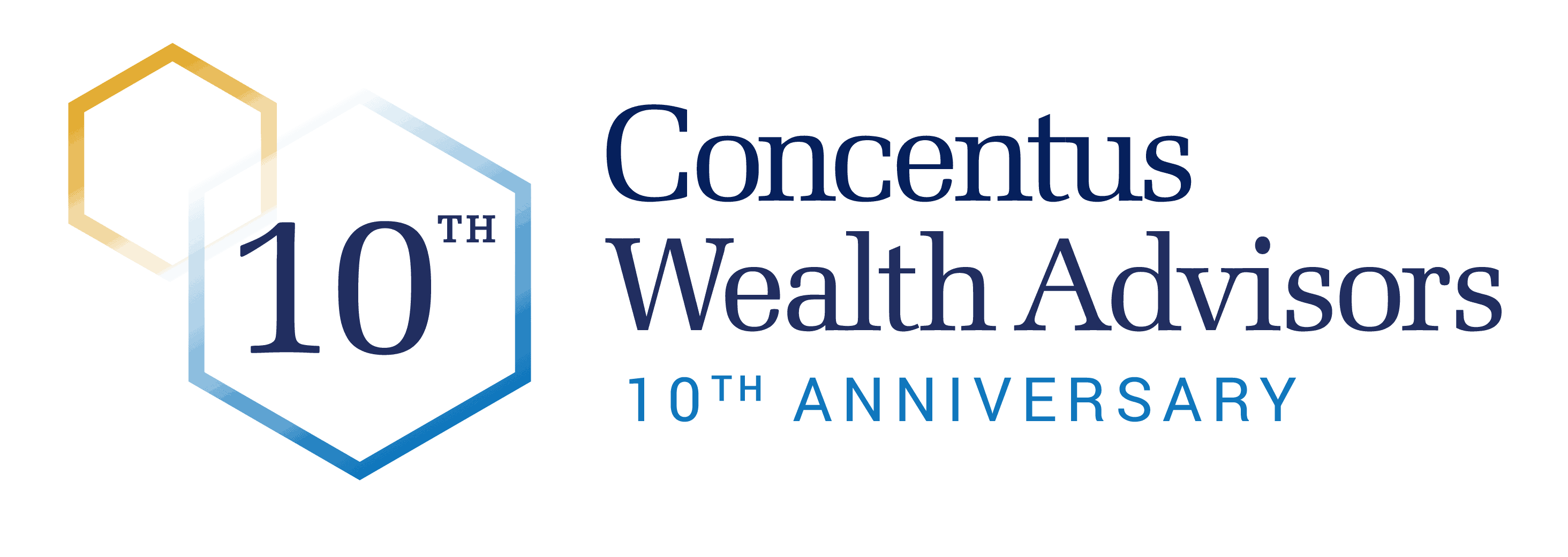“As we know, there are “known knowns”; there are things we know we know. We also know there are “known unknowns”; that is to say, we know there are some things we do not know. But there are also “unknown unknowns”—the ones we don’t know we don’t know. And if one looks throughout the history of our country, it is the latter category that tends to be the difficult ones.”
– Donald Rumsfeld, Secretary of Defense (2001-2006)
In last month’s article, we explored how Warren Buffett has captured the beauty of compounding returns over an exceptionally long period of time. This month, we expose the fundamental “unknowability” of the future.
Not all Uncertainty is the Same
As regular readers of our monthly commentary may be aware, the quote from Donald Rumsfeld is one of our favorites, and we have used it often in this space.
As Rumsfeld so eloquently pointed out back in 2002, uncertainty is a fact of life. Nobody can avoid the reality that we live in an uncertain world, and every day we get out of bed, we are all required to deal with life’s “unknowns.” However, it is wise to remember that there are two kinds of uncertainty—there are the unknowns we know about and the unknowns we aren’t even aware of. And it’s usually the second category of uncertainties that cause more significant problems.
As investors, we can learn a lot from this important bit of wisdom. Most importantly, we can be humble enough to recognize that it’s all unknown because there are no facts about the future. Nobody knows anything about the future and trying to predict what will happen in the world, or the markets is an impossible waste of time. Financial media and pundits bombard us with millions of words we see written and heard spoken on TV every day concerning current events in the economy and the markets and forecasting their outcomes. The wise investor knows that all of this is nothing but hot air; at best, a waste of time and, at worst, downright harmful to your wealth.
Known Unknowns
This truth reveals itself over and over in the course of world events, and as we examine the latest installment of this reality, let’s consider a recent known unknown.
On August 24, the world marked the six-month anniversary of Russia’s invasion of Ukraine. Since the beginning of the year, everyone knew that this invasion was going to be a problem, as Russia began massing its armed forces around the borders of Ukraine weeks before the actual invasion. This was clearly a known unknown—we knew there was a problematic situation at hand; we simply had no way of knowing how that problem would shape the future.
Our best guess is that 100 million words have been written and spoken on this problem by U.S. journalists, economists, market strategists, pundits, and hundreds of other commentators since the beginning of this year.
In the run-up to the invasion, millions of those words predicted that Putin wouldn’t actually pull the trigger. Those assumptions turned out to be wrong, yet as far as we can tell, all of the prognosticators who espoused that hypothesis are still employed.
On the occasion of the invasion itself, millions more words were confidently devoted to the thesis that monolithic Russia would roll over little Ukraine in days—weeks at most. In this event: wrong again.
Throughout this extended exercise in the blind leading the blind, it’s reasonable to assume that perhaps 10 million words were devoted to the contention that if, or when, war did break out, the stock market—already staggering under horrific inflation, supply chain disruptions, and the grim specter of Federal Reserve tightening—would crater. Many of these prognostications were closely and brilliantly reasoned by relatively credible commentators. Yet the S&P 500 Index closed the night before the invasion at 4,226. On the six-month anniversary of the invasion, the Index closed at 4,140, down slightly more than 3% since the invasion began.
We have not conducted a thorough search of all media sources over the globe to validate the following point; however, we estimate that the number of words forecasting that after six months, either Ukraine would have fought Russia (however briefly) to a standstill, and/or the U.S. stock market would be little changed six months later, was very close to zero.
As we said above: It’s All Unknown
Unknown Unknowns
The war in Ukraine, and the unpredictable response of the equity market, form just one chapter in an epic novel of things no one predicted, going back to the onset of the pandemic two and a half years ago. Most of these unpredictable events were unknowns, and we were blissfully unaware of any problems until they sprung upon us.
Of course, one could reasonably argue that there has never been an event that struck the American people quite so far out of left field than the COVID-19 pandemic. In many ways, this pandemic was the mother of all unknown unknowns because it has affected everyone on earth, and almost nobody saw it coming. In January 2020, no newspaper headlines speculated how the pandemic would impact equity prices. The experts and pundits on CNBC were not forecasting the economy for 2020 based on their outlook for how we would cope with the virus, and most people hadn’t even heard of the word “Covid” by the time February rolled around.
Once we knew about COVID-19 in February 2020, nobody predicted that the response would be a total global lockdown and an almost instant suspension of much of the world’s economic activity only a month later. No pundits predicted an almost inconceivable 19% contraction of the U.S. economy. In fact, nobody was even contemplating that possibility. The fact that this could start and end within two months would have been beyond the realm of possibility.
There is no precedent for a one-third decline in the S&P 500 in 33 days, as the world experienced in March 2020. Nobody predicted it, and even if anyone had, no one could have predicted that such a decline could have been completely erased in six months.
Anyone would have known that the gigantic expansion of the money supply, long after the pandemic had already done its economic worst, would lead to an increase in inflation. But nobody predicted the firestorm we got.
And now, given that nobody could have predicted the severity of this inflation surge, nobody can predict how hard the Federal Reserve may be forced to strike back, thus bringing the very real fear of recession into the picture.
We say again: It’s All Unknown
Beware the Prognosticators
By the time the trading day is over tonight, two dozen talking heads on CNBC will have offered a confident prediction about what will happen next with GDP, earnings, inflation, Fed interest rate policy, oil prices, and what the stock market will do next. This flood of empty words will be supplemented, in your email inbox, by another dozen items of commentary from various financial product companies trying to sell you something or attempting to convince you that they can predict what is happening next.
And you still won’t know anything more at the end of the day than when you woke up this morning. Which, for purposes of this discussion, is nothing.
When will we all finally get it? It isn’t just that we know virtually nothing about the future of equity market behavior and the forces that will influence it; it’s that these things can’t be known in the first place. And by the time today’s “unknowables” have resolved themselves, the equity market will already have discounted that resolution, and the world will be moving on to a whole new and different set of unknowables.
The quest for certainty, or even some significant measure of clarity, is an illusion. As much as we crave the security of predictability, as wise investors, we must be done with this quest and fall back on the timeless principles of long-term investing.
The very first of these is that we must operate as goal-focused, planning-driven, long-term equity investors. For most investors, this means reaching a specific financial place by the time we retire, sustaining a retirement of three decades or more, and drawing a lifestyle-sustaining income that rises to offset increases in the cost of living. All the while, even as annual withdrawals grow, to experience a growing base of capital as legacies to those we love. Once we have a plan to do this and a portfolio that we believe is optimally suited to that plan, on what basis would we change either the portfolio or the plan itself?
Understanding that the future is a mystery to all of us, why would we ever contemplate significant changes in investment policy based on current or anticipated economic, financial, and/or political conditions? Whatever those conditions are or may become, our portfolio companies always respond rationally and opportunistically to any and all adversity.
Sooner or later, we must finally learn that all our time and energy spent studying the economy and the markets over the short to intermediate term are entirely wasted and that in the long term, superior companies will—as they always have—find ways to prosper regardless of circumstances. At the end of the day:
- The economy can’t be forecasted
- The market can’t be timed
- Thus, the correct time to add to one’s long-term equity investments is whenever one has the money
- The correct time to withdraw money from equities is when one needs the money
This is all we can know. This is also all we need to know.
It’s all unknown
We know virtually nothing about the future of equity market behavior and the forces that will influence it. As much as we crave the security of predictability, we are better off sticking with long-term investing as wise investors.

